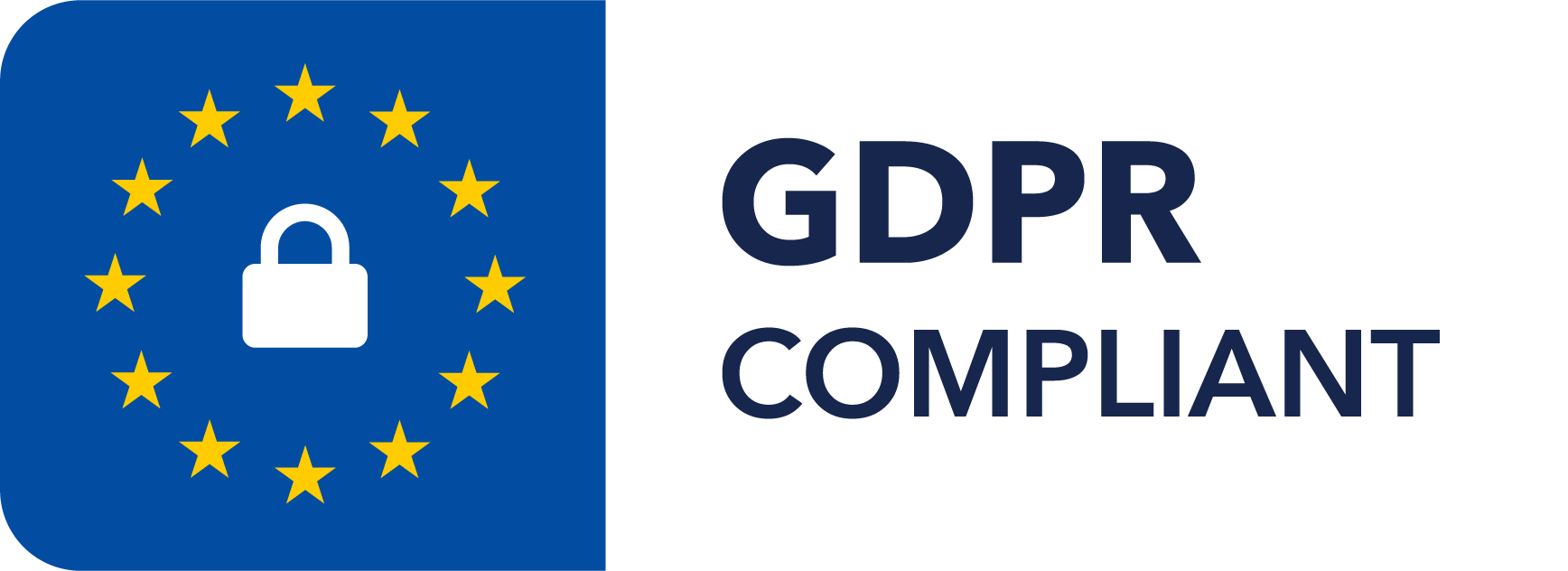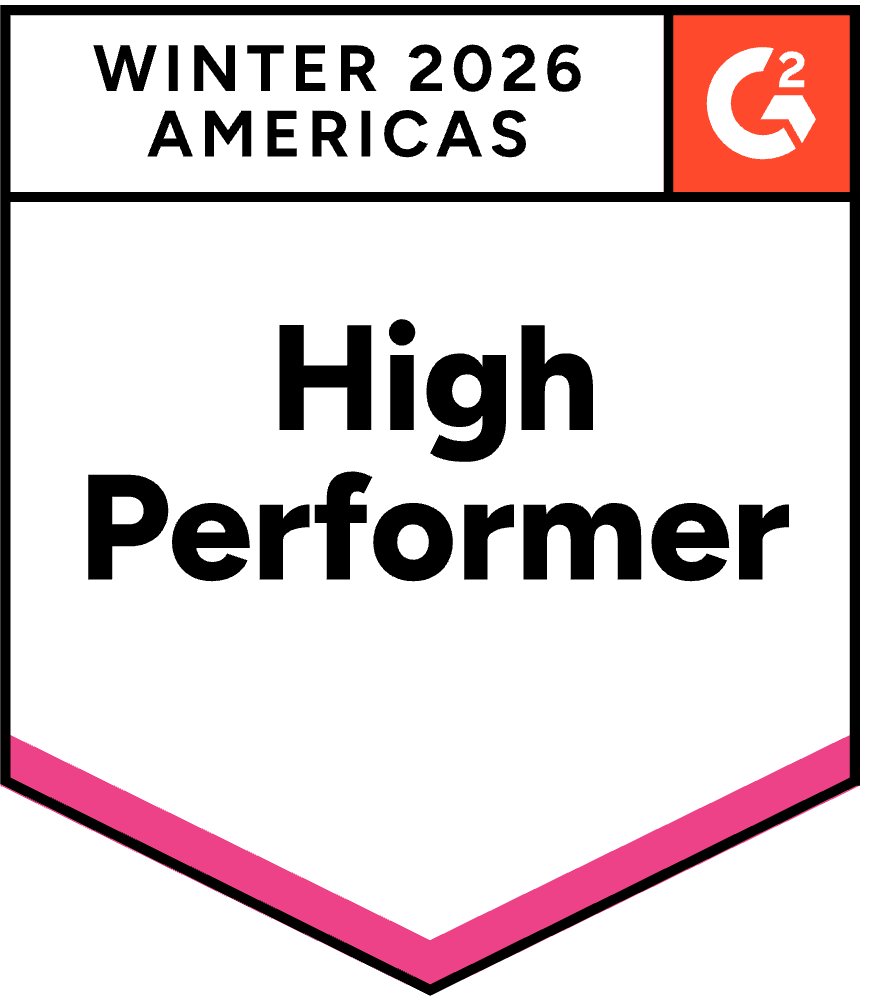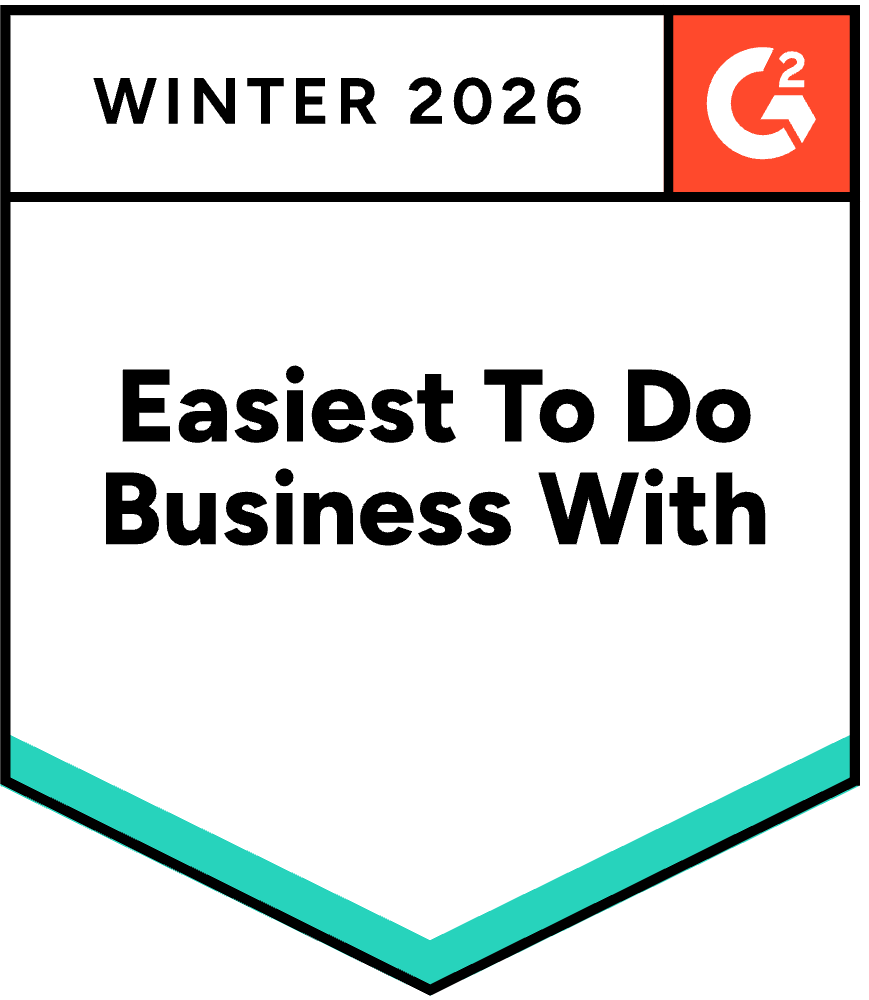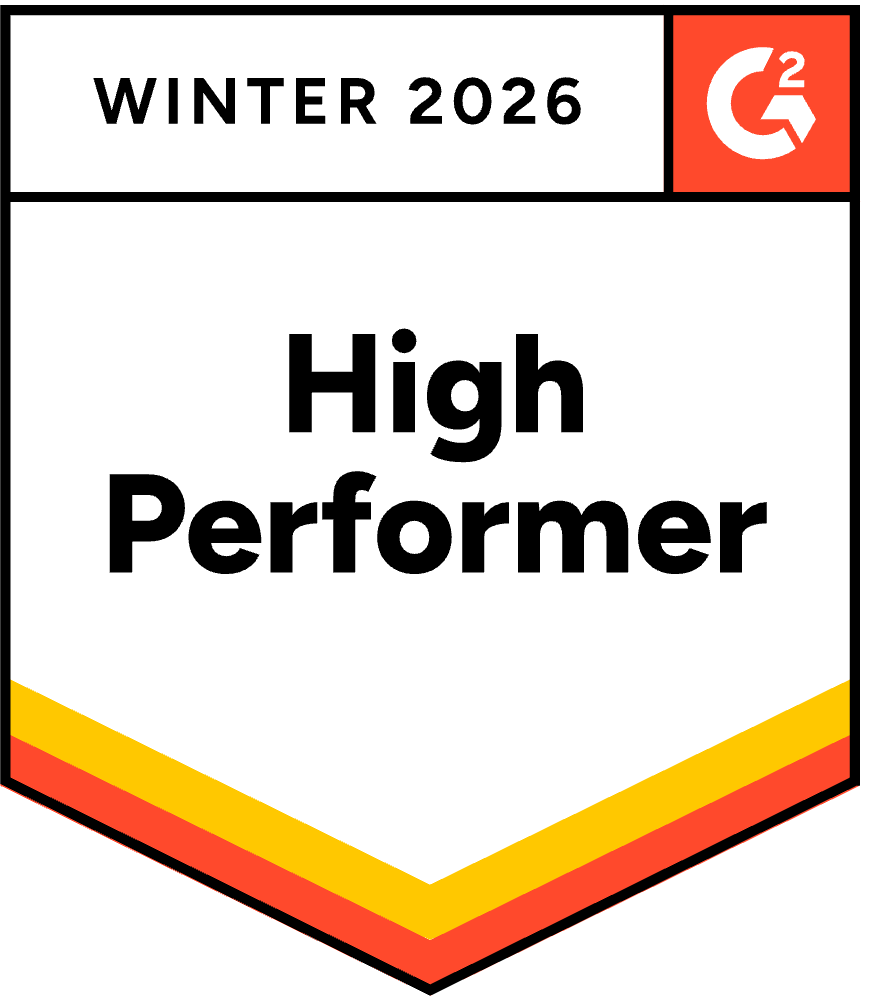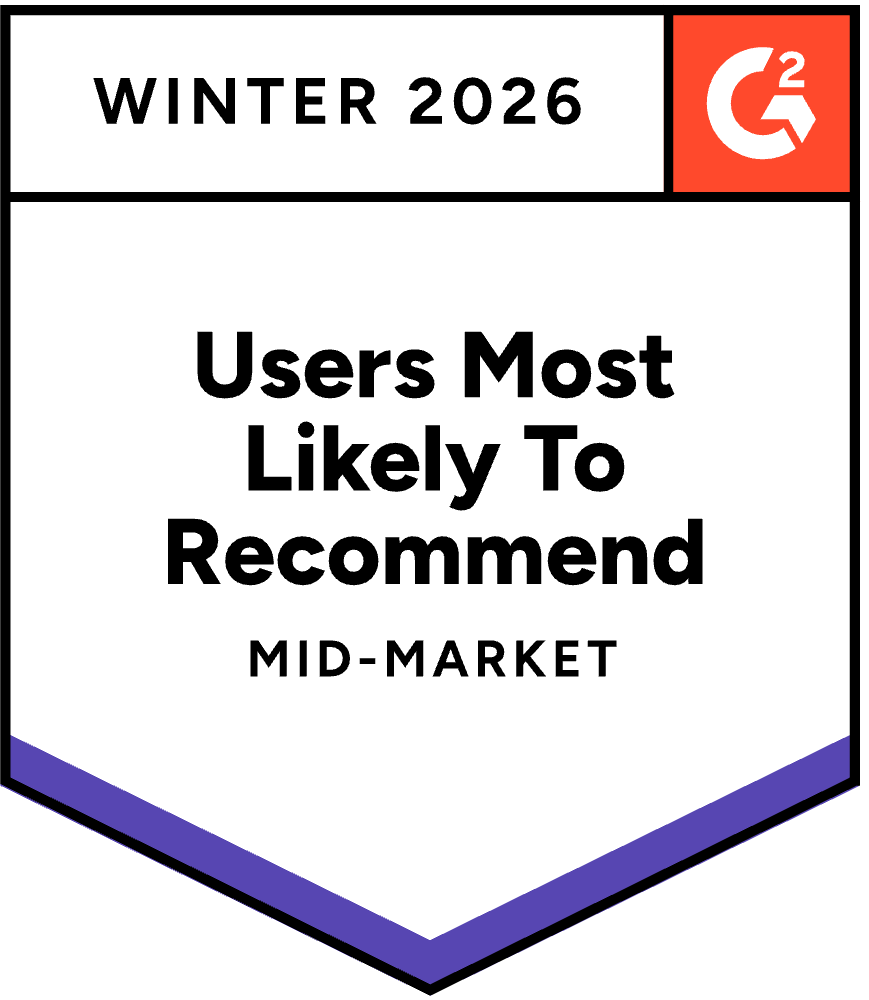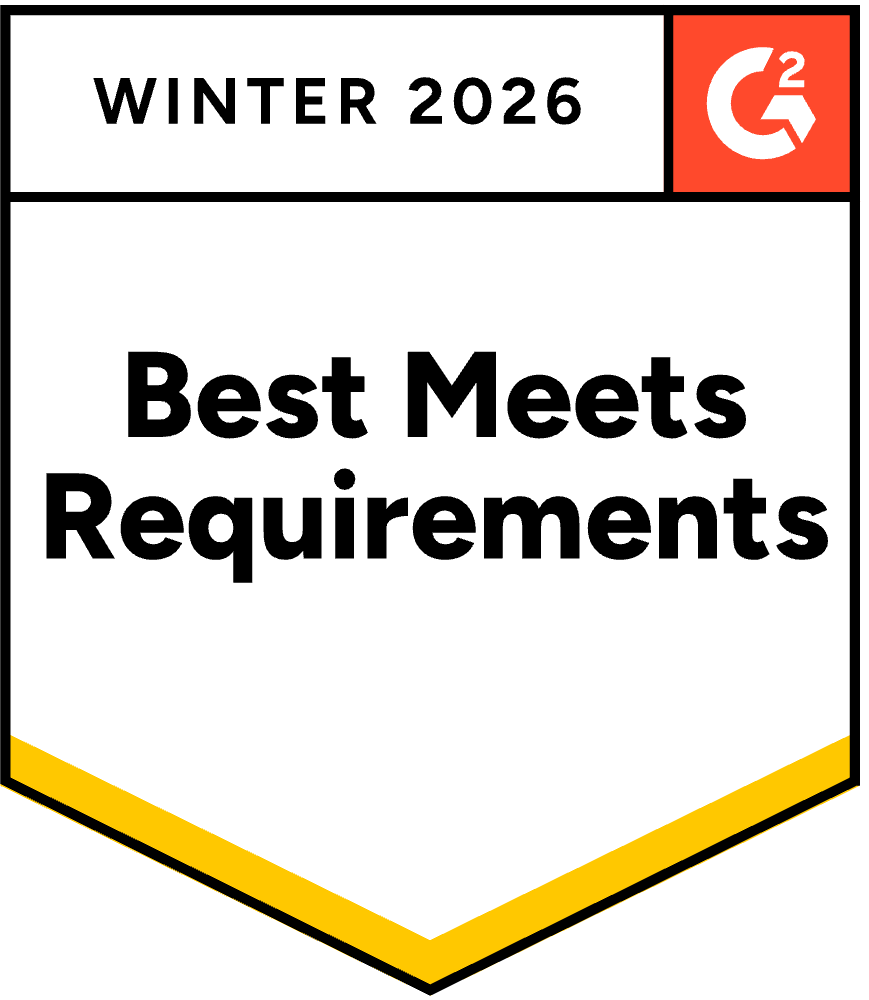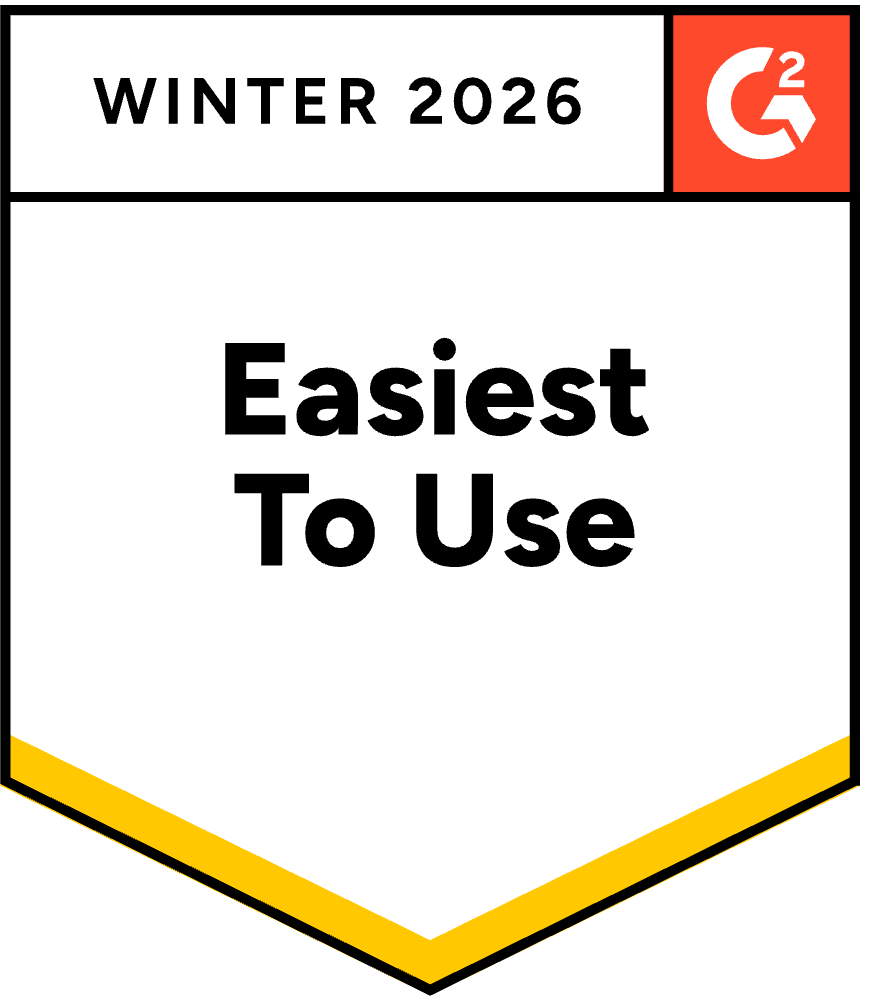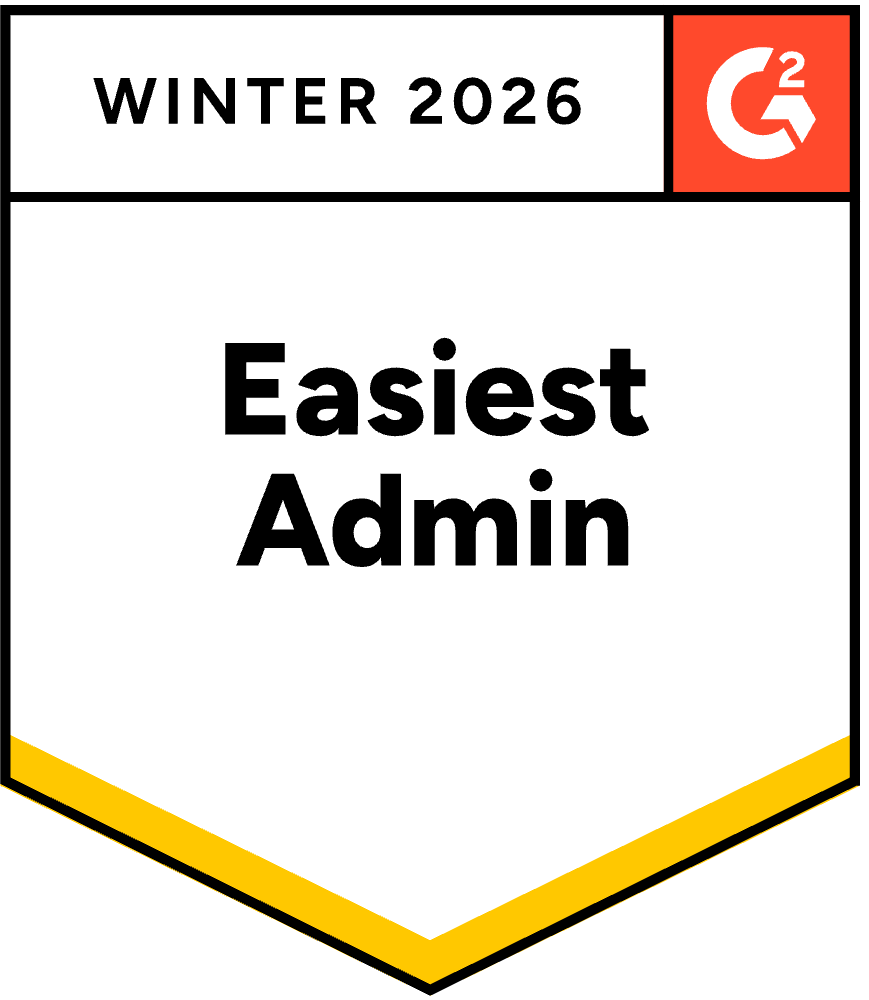Deal Desk Automation | Faster Approvals & Fewer Errors
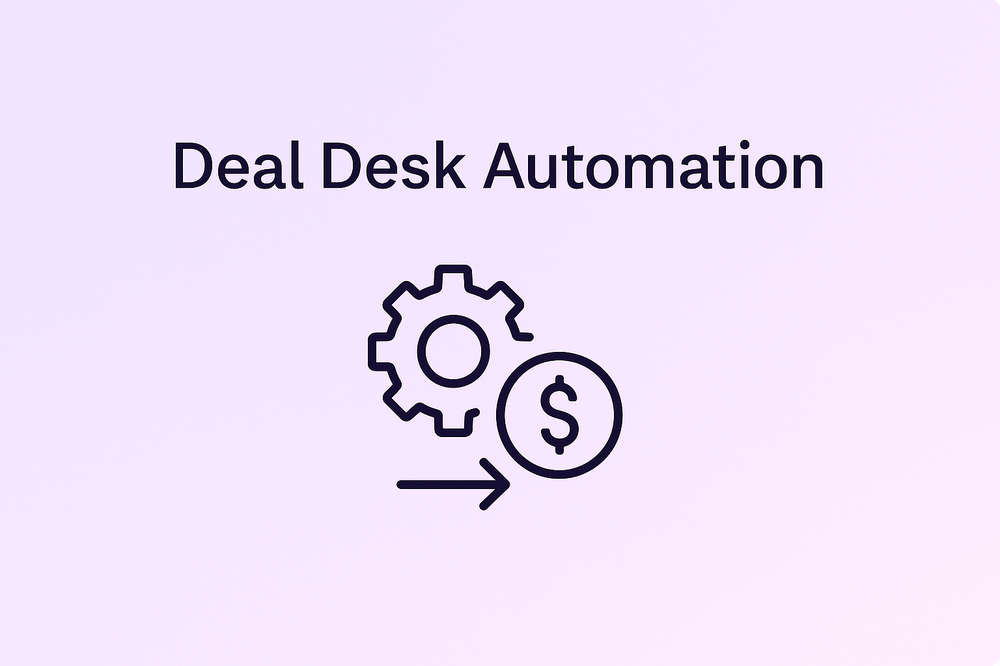
What Is Deal Desk Automation?
Deal Desk Automation uses technology and AI to streamline the review, approval, and execution of complex sales deals.
A deal desk acts as the centralized hub connecting sales, finance, legal, product, and operations during the quote-to-close process. With automation, teams can standardize pricing workflows, enforce discount and approval rules, accelerate contract routing, and ensure compliance — all without repetitive manual emails and spreadsheet handoffs.
Deal desk automation improves deal velocity, governance, and accuracy, allowing revenue teams to move quickly while maintaining control and profitability.
Learn how automation strengthens revenue cycles in our guide:
What Is Proposal Automation?
Why Deal Desk Automation Matters
Complex enterprise deals often involve multiple approvals, custom terms, and pricing considerations. Without automation, organizations face:
- Slow manual approval chains
- “Tribal knowledge” processes
- Pricing inconsistencies
- Missed margin / discount guardrails
- Deal delays that stall revenue
Deal desk automation centralizes workflows, enforces rules, and accelerates cross-team coordination — helping organizations close faster while protecting commercial terms.
See how automation impacts technical deal stages in our article:
RFP Automation for SaaS Companies
Key Capabilities of Deal Desk Automation Platforms
Modern deal desk automation tools typically include:
- Automated approval routing based on deal size, discount, and risk
- Guided pricing and margin guardrails
- Document and contract automation
- CRM and CPQ integration
- Audit trails and compliance controls
- Real-time collaboration between sales, legal, and finance
- AI-assisted redlines and risk scoring (in advanced platforms)
Who Uses Deal Desk Automation?
Deal desk automation supports:
- Revenue Operations & Sales Ops teams
- Finance & Pricing teams
- Legal & Contract teams
- Account Executives and Sales Leaders
- Customer Success teams managing renewals and expansion
It’s especially valuable for SaaS and enterprise B2B organizations with custom pricing, negotiated terms, and multi-stakeholder approvals.
Benefits
Deal desk automation helps organizations:
- Accelerate quote-to-close cycles
- Standardize pricing, terms, and discount rules
- Reduce contract risk and ensure compliance
- Improve cross-team collaboration
- Increase deal win rates and revenue efficiency
Frequently Asked Questions: Deal Desk Automation
What does a deal desk actually do?
A deal desk acts as the operational command center for complex deals — reviewing pricing, approvals, and contract terms to ensure every sale is accurate, compliant, and profitable. It bridges sales, finance, legal, and operations to streamline deal execution.
How does automation improve deal desk efficiency?
Automation removes manual bottlenecks like email-based approvals and version tracking. It routes approvals automatically, enforces pricing guardrails, and syncs data between CRM, CPQ, and contract systems — helping teams close faster while maintaining accuracy.
Is deal desk automation only for enterprise companies?
No. While enterprise organizations see the most immediate ROI, scaling SaaS and mid-market companies benefit as well. Automation helps growing teams maintain pricing consistency, approval structure, and audit visibility as deal volume increases.
Can deal desk automation integrate with Salesforce or HubSpot?
Yes. Most deal desk automation tools integrate directly with CRMs like Salesforce and HubSpot, enabling seamless data flow between quotes, approvals, and contracts without switching between platforms.
What results can teams expect after automating their deal desk?
Teams typically see faster turnaround on approvals, fewer pricing errors, and improved visibility across departments. Many organizations report 30–50% faster quote-to-close times and measurable improvements in deal margin and compliance accuracy.
Related Reading
- What Is Proposal Automation?
- What Is Presales Enablement?
- What Is an RFP Tool?
- What Is a Security Questionnaire?





